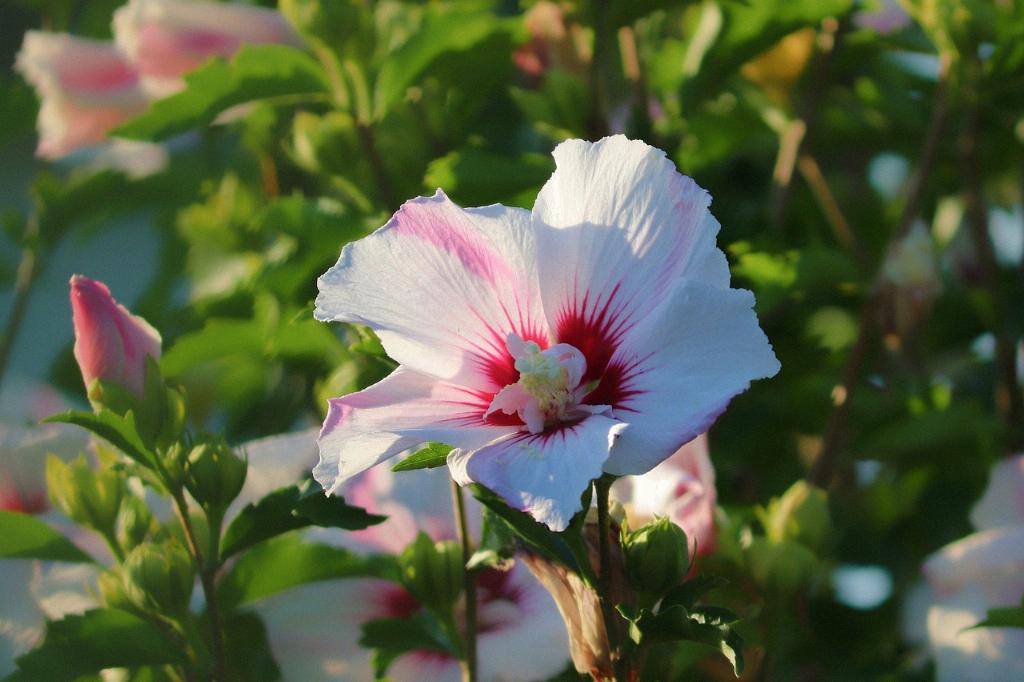When it comes to hibiscus tea and its potential health benefits, one question that often comes up is whether it can help lower blood pressure. High blood pressure, or hypertension, is a common health concern that can lead to serious issues such as heart disease and stroke.
Research suggests that hibiscus tea may indeed have a positive impact on blood pressure levels. Some studies have shown that regular consumption of hibiscus tea can lead to a reduction in systolic blood pressure, which is the top number in a blood pressure reading.
Additionally, hibiscus tea has been linked to reductions in both systolic and diastolic blood pressure levels in certain studies. Diastolic blood pressure is the bottom number in a blood pressure reading and is an important indicator of heart health.
One of the reasons why hibiscus tea may be effective in lowering blood pressure is its high content of antioxidants, particularly flavonoids. These compounds have been shown to have a positive impact on blood vessel health and may help promote relaxation of the blood vessels, which can lead to lower blood pressure.
Another factor that may contribute to the blood pressure-lowering effects of hibiscus tea is its diuretic properties. By promoting increased urine production, hibiscus tea can help reduce the volume of blood circulating in the body, which in turn can lead to a decrease in blood pressure.
It is important to note that while hibiscus tea shows promising results in some studies, more research is needed to fully understand its effects on blood pressure and to determine the most effective dosages for this purpose.
As with any natural remedy, it is crucial to speak with a healthcare provider before incorporating hibiscus tea into your routine, especially if you are currently taking medication for high blood pressure or any other health condition.
In conclusion, based on the available research and evidence, hibiscus tea does appear to have the potential to lower blood pressure, particularly systolic blood pressure, and may also impact diastolic blood pressure levels. However, further studies are required to validate these findings and to establish clear guidelines for its use in managing hypertension.
Despite its potential benefits, hibiscus tea should not be seen as a standalone treatment for high blood pressure, but rather as a complementary addition to an overall healthy lifestyle that includes a balanced diet, regular exercise, and ongoing medical supervision.
Ultimately, the decision to incorporate hibiscus tea into your health regimen should be made in consultation with a healthcare professional who can provide personalized advice based on your individual health needs and circumstances.

